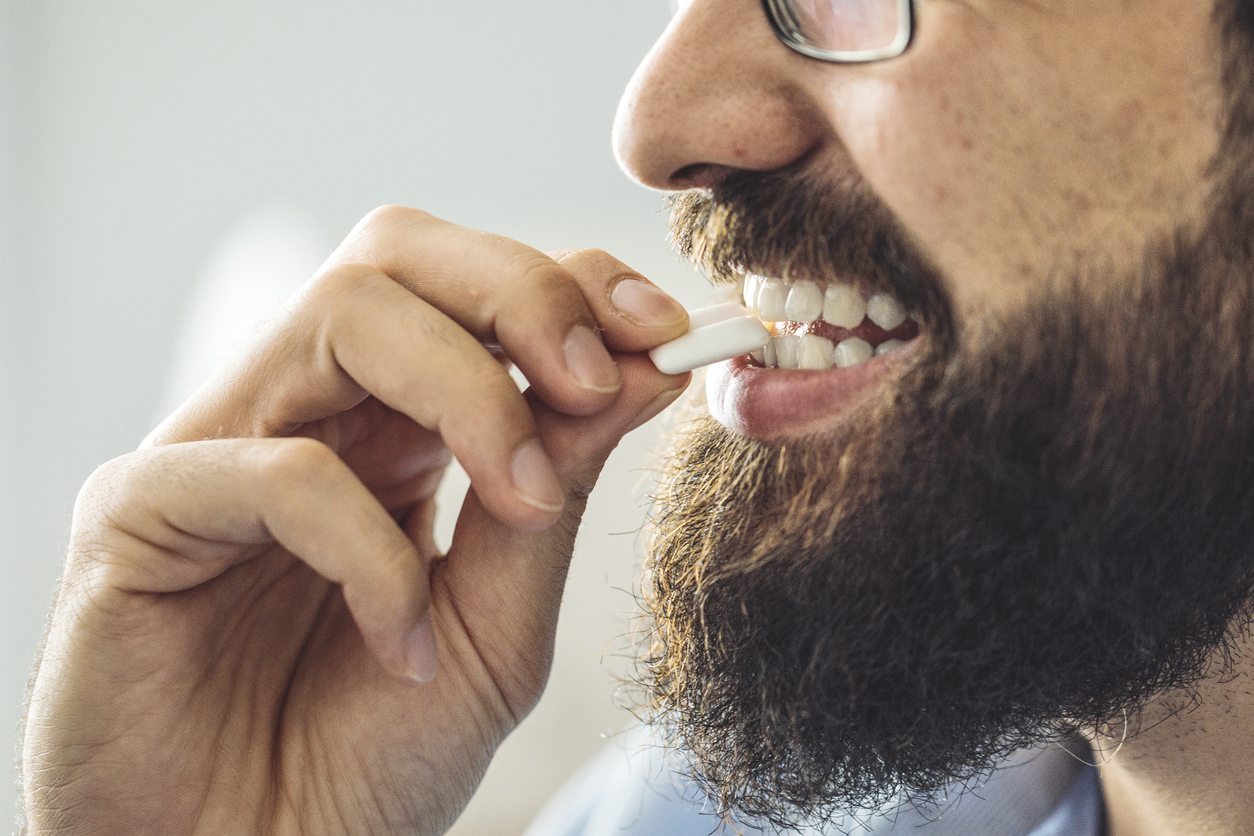Dental implants have become a popular and effective solution for patients seeking to restore their smiles and oral function. These artificial tooth roots offer numerous benefits, but like any medical procedure, they come with their own set of considerations. In this blog post, we’ll explore the pros and cons of dental implants to help you make an informed decision about whether they’re the right choice for you.
Pros of Dental Implants
There are many reasons to consider dental implants if you have suffered tooth loss. Here are just a few.
Natural Appearance:
Dental implants are designed to look and feel like natural teeth. They are customized to match the color, size, and shape of your existing teeth, providing a seamless and aesthetically pleasing smile. How do they achieve a natural look?
Abutment and Crown Design: The visible part of the dental implant, known as the crown, is attached to an abutment, which connects it to the implant post. The crown is crafted to closely resemble the shape and contour of a natural tooth. Dr. Trujillo uses advanced materials such as porcelain or ceramic to mimic the translucency and reflectivity of natural enamel, ensuring a lifelike appearance.
Gingival Tissue Integration: The interaction between the dental implant and the surrounding gingival (gum) tissue is crucial for achieving a natural look. Dr. Trujillo pays careful attention to the placement of the implant and the contouring of the artificial tooth to create a seamless transition between the crown and the gums. This attention to detail helps the implant blend with the natural gum line.
Improved Speech and Comfort:
Unlike removable dentures, dental implants are fixed in place, eliminating concerns about slippage or discomfort. This stability enhances speech and allows for a more comfortable experience during daily activities. Dental implants are typically made of biocompatible materials such as titanium. The titanium forms a strong bond with the jawbone through a process called osseointegration. This ensures stability and durability, resembling the natural connection between the tooth root and the jawbone.
Enhanced Chewing Function:
Dental implants function like natural teeth, allowing for better chewing efficiency. This can significantly improve your ability to enjoy a wide variety of foods, contributing to better overall nutrition and health. A missing tooth can significantly impede the ability to chew and maintain a healthy diet as it disrupts oral functions’ natural balance and efficiency.
Without the support of the missing tooth, neighboring teeth may undergo increased stress and wear, and the overall chewing mechanism becomes less effective. This limitation in chewing capacity often leads individuals to avoid certain foods, especially those that are harder or require more mastication, resulting in a potential compromise in their nutritional intake. Moreover, the altered chewing patterns may contribute to digestive challenges, as proper breakdown of food in the oral cavity is a crucial initial step in the digestive process.
Long-Term Durability:
With proper care and maintenance, dental implants can last a lifetime. They are a durable and reliable solution that can withstand the normal wear and tear associated with daily use. Unlike natural teeth, dental implants are not susceptible to decay. While it’s crucial to maintain good oral hygiene to prevent issues in the surrounding gums and natural teeth, the implant itself remains resistant to cavities, contributing to its long-term durability. Regular brushing, flossing, and routine dental check-ups help prevent issues such as gum disease, which can compromise the health of the implant. Patients who adhere to a consistent oral hygiene routine are more likely to enjoy the full lifespan of their dental implants.
Preservation of Adjacent Teeth:
Unlike traditional bridges, dental implants do not rely on adjacent teeth for support. This helps preserve the health and integrity of neighboring natural teeth, reducing the risk of complications in the long run. A missing tooth can lead to adjacent teeth shifting or drifting into the empty space, causing misalignment. Dental implants fill this gap and prevent the surrounding teeth from moving, maintaining the proper alignment of the entire dental arch.
Dental implants distribute the forces exerted during biting and chewing more evenly across the jawbone. This contrasts with traditional bridges, where the load is concentrated on the supporting natural teeth. By spreading the forces, implants help reduce the risk of excessive wear, stress, and potential damage to adjacent teeth.
Tooth loss can result in bone resorption in the jaw, leading to a loss of bone density over time. Dental implants stimulate the surrounding jawbone, helping to preserve bone density. This not only maintains the stability of the implant but also prevents the gradual deterioration of the bone that could affect adjacent teeth.
Dental implants are easier to clean than some alternative tooth replacement options. Traditional bridges may have difficult-to-reach areas beneath the crowns, making oral hygiene more challenging. Dental implants, being standalone structures, allow for easier access between teeth, promoting better oral hygiene and reducing the risk of issues affecting adjacent teeth.
Cons of Dental Implants
It’s important to weigh both sides to know if a dental implant procedure is right for you. Here are some key factors to take into account.
Cost:
The long-term cost-effectiveness of dental implants surpasses other tooth replacement options due to their durability and minimal maintenance requirements. While the initial investment in dental implants may be higher than alternatives like dentures or bridges, their longevity often results in lower overall costs over time. Dental implants are designed to last a lifetime with proper care. A long-lasting solution reduces the need for frequent replacements or adjustments associated with traditional options.
Unlike dentures that may require regular relining or bridges that can place stress on adjacent teeth, dental implants are independent structures. They minimize the risk of complications and preserve overall oral health. These two things potentially save patients from the ongoing expenses and inconveniences associated with alternative solutions. In the long run, the durability, stability, and reduced maintenance needs of dental implants make them a financially sound investment.
Surgical Procedure:
The placement of dental implants involves a surgical procedure, which may be a deterrent for some patients. While technological advances have made the process less invasive, individuals with dental anxiety may find the idea of surgery intimidating.
Healing Time:
The integration of the implant with the jawbone requires a healing period ranging from a few weeks to several months. During this time, patients need to follow a restricted diet and avoid certain activities that could impact the healing process.
Potential for Complications:
As with any surgical procedure, there is a risk of complications, such as infection, nerve damage, or implant failure. While these occurrences are relatively rare, patients must be aware of the potential risks and discuss them with their dental professional.
Not Suitable for Everyone:
Certain medical conditions and lifestyle factors may make some individuals unsuitable candidates for dental implants. Adequate bone density is crucial for the success of the procedure, and issues such as uncontrolled diabetes or smoking can impact the healing process.
Summary
Dental implants offer a revolutionary solution for individuals seeking a long-lasting, natural-looking tooth replacement option. However, it’s important to carefully weigh the pros and cons, considering cost, surgery, and potential complications. Consultation with a qualified dental professional is crucial to determine whether dental implants are the right choice for your specific needs and circumstances. Ultimately, making an informed decision will contribute to a healthier, more confident smile in the long run.





